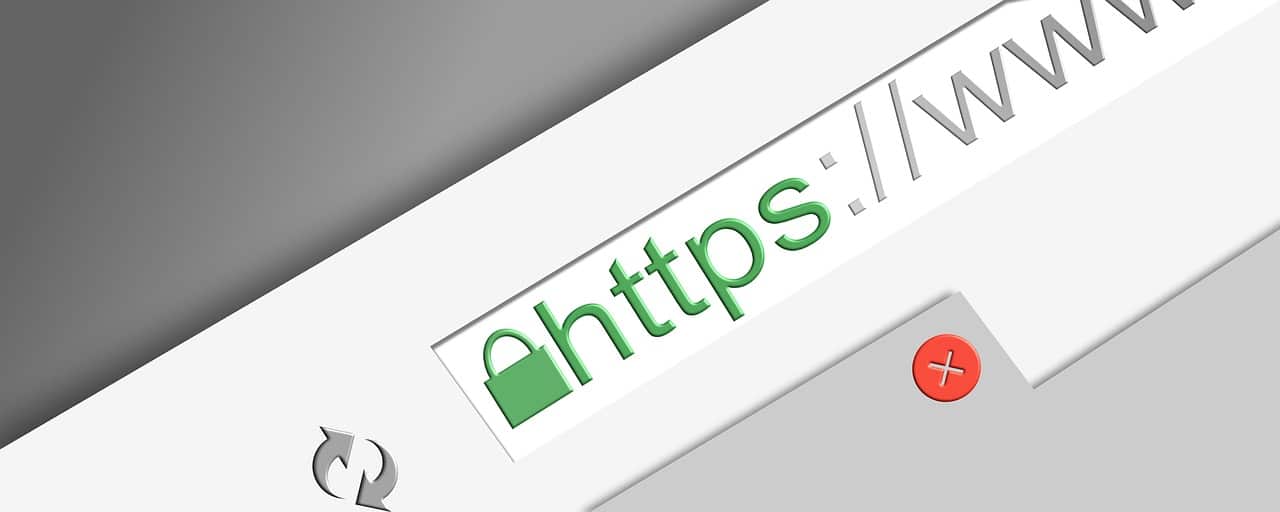The holiday shopping season is taking off. This means that scammers are getting ready to take advantage of all those who shop online for presents. So don’t forget to stay safe online during your buying frenzy this time of year. An ounce of “cybersecurity awareness” is well worth a pound of “calling your bank asking to reverse fraudulent transactions”. Here are some of the most critical security tips to save yourself from a financial or privacy nightmare.
Check for Device Updates
Computers, tablets, and smartphones all need to be constantly updated. There are still many people who think that updates carry mostly cosmetic purposes, but it’s far from the truth. If you read your updates carefully, you’ll see that with each update developers fix some security issues. Companies like Apple or Microsoft have dedicated teams of programmers whose sole purpose is looking for bugs in their software and fixing them before hackers find them. And you may think that waiting through a 15-minute or 1-hour PC update is bad enough. Well, hackers stealing your bank credentials because you didn’t have the latest version of OS(operating system) is way worse.
Hackers are quick to use vulnerabilities they find in device operating systems. So, IT companies often issue “hotfix-updates” to fix known vulnerabilities as fast as they can, reducing your risk.
Security Tip #1 – Make sure you install all updates before you use your device for holiday shopping.
Don’t Click Email Links
We understand it’s annoying to have to type in “amazon.com” every time. You’d rather just click a link in an email. But this is exactly why phishing scams are so frequent this time of year. Clicking a wrong link from a shady email is more than enough to start an auto download of malware.
Security Tip #2 – Just avoid clicking links, and visit websites directly. Make things easier for yourself and save sites as bookmarks in your browser. This is a way safer alternative to clicking a random link.
Use a Wallet App
It’s always a risk when you give your debit or credit card to someone in real life. Why would it be different online? There is always a risk when you give your card information to a website, and the risk is even higher if you’re giving it to a site you’ve never purchased from before.
Security Tip #3 – Where possible, pay with a wallet app(Apple Pay, Google Pay, PayPal, etc.). It eliminates the need to give your card details directly to the merchant. You just share them once with a trusted wallet app.
Remove Saved Payment Cards After Checking Out
Many websites (including Amazon) automatically save your payment card details by default. It may make the next purchase more convenient, but it puts your data at risk. If hackers get access to your device or your amazon account then they can quickly run your bank account dry.
Another risk is a data breach of the retailer. These are common. And every time, a day or two after a big retailer breach, there are always hundreds of gigabytes of stolen private information up for sale on the dark web. The fewer databases that store your payment details, the better your chances of keeping your private information private.
Security Tip #4 – Immediately after you check out, remove your payment card from the site.
Make Sure the Website is Secure (It has HTTPS)
HTTPS is basically the standard for websites nowadays. It’s aiming to replace HTTP (without the “S”). If a website uses HTTPS that means that the data transmitted through the site is encrypted. It is extremely important for the transmission of private data such as your name, address, and payment information.
Security Tip #5 – NEVER shop on a website that doesn’t use HTTPS. Look for an indicator, a small lock icon in front of the website address.
Check the Website URL
Typos are natural, we all make them from time to time. Especially when typing on a small smartphone screen. But one innocent typo can land you on a copycat site (like as Amazonn(dot)com).
Hackers often buy domains to make copies of popular retailers. They build copycat sites designed to fool users who got there by mistake.
So, Security Tip #6 – Take those few extra seconds to double-check that you’ve landed on the real website.
Never Shop Online on Public Wi-Fi
Whenever you see public Wi-Fi, especially unprotected, there is a good chance that someone is sitting there waiting for victims to snoop on their data. Hackers love the holiday shopping season and will often hang out in popular spots with free public Wi-Fi. They spy on the activity of other devices connected to that same network.
Our Security Tip #7 – Never shop online while connected to a public network. Better switch off your Wi-Fi completely and use your mobile carrier’s network.
Be On High Alert for Brand Impersonation
During the holiday shopping season of 2021 phishing scammers were very active. There was a 397% increase in typo-squatting domains connected to phishing attempts.
While phishing attacks are happening all the time, it’s even worse during the holiday season. Hackers know that people are expecting emails from big retailers about holiday sales and discounts, order confirmations, and shipping notices.
They use real emails as templates to impersonate brands like Target, UPS, Amazon, etc. Their goal is to trick you into clicking a malicious link or logging into a malicious website.
Security Tip #8 – Be on high alert for brand impersonators.
How Secure Is Your Device?
Holiday shopping scams are often a gateway to big malware attacks. Just one employee getting breached is enough for a skilled cybercriminal to paralyze the work of the whole company. Is your business properly protected from malicious apps and malware? Are your employees able to distinguish a phishing email from a real one? Schedule a quick 10-15 minute chat with EB Solution experts for a free cybersecurity checkup. Or leave us a message and we will get back to you shortly.




